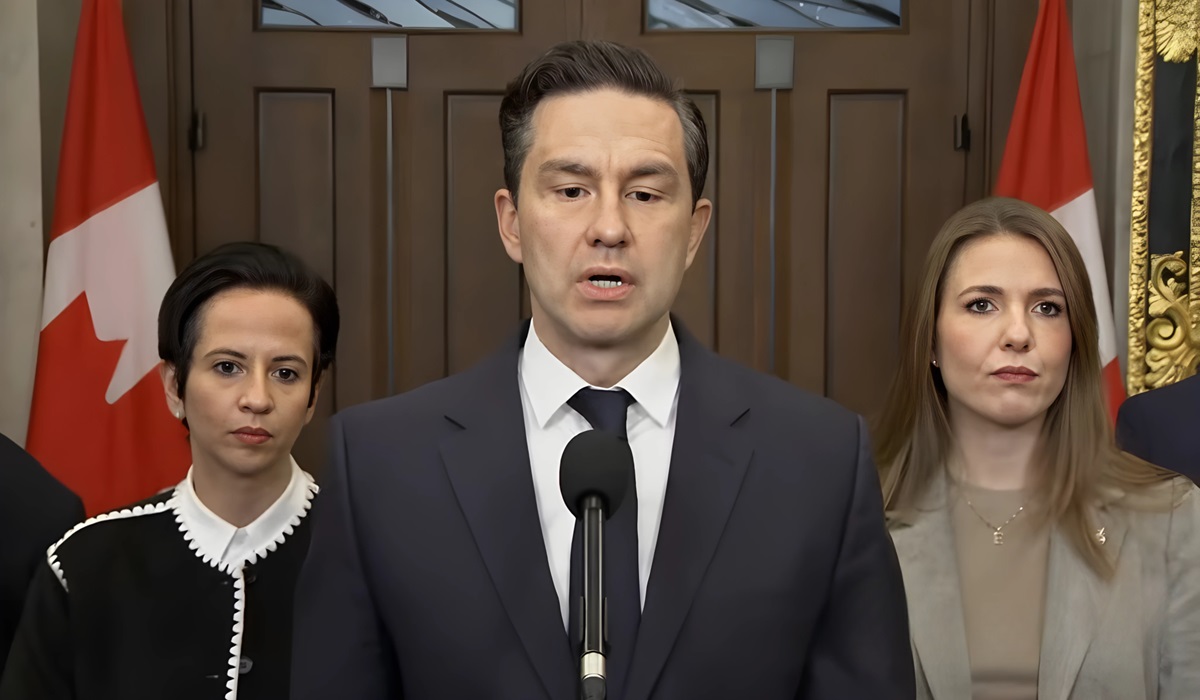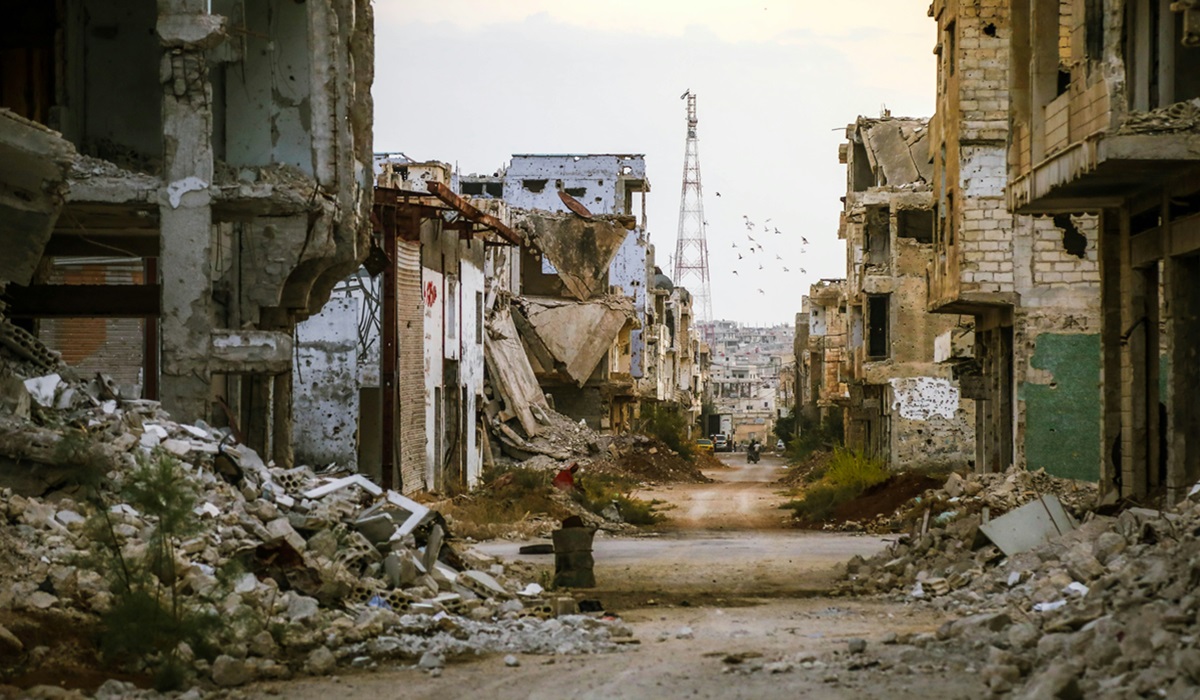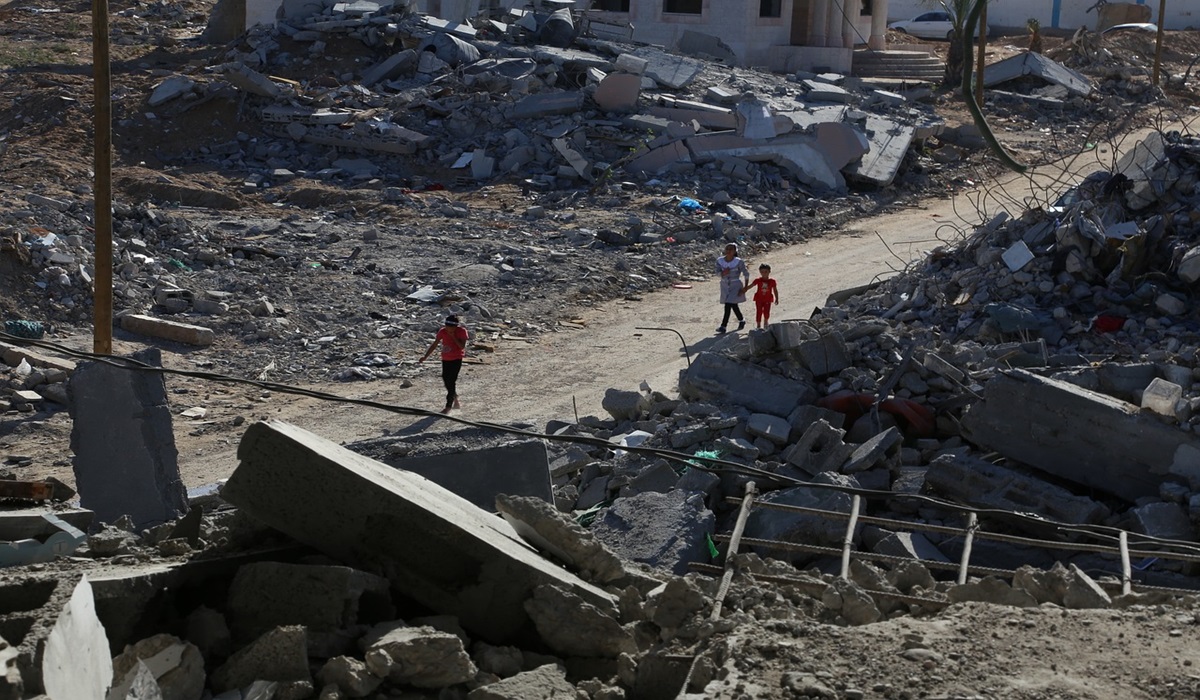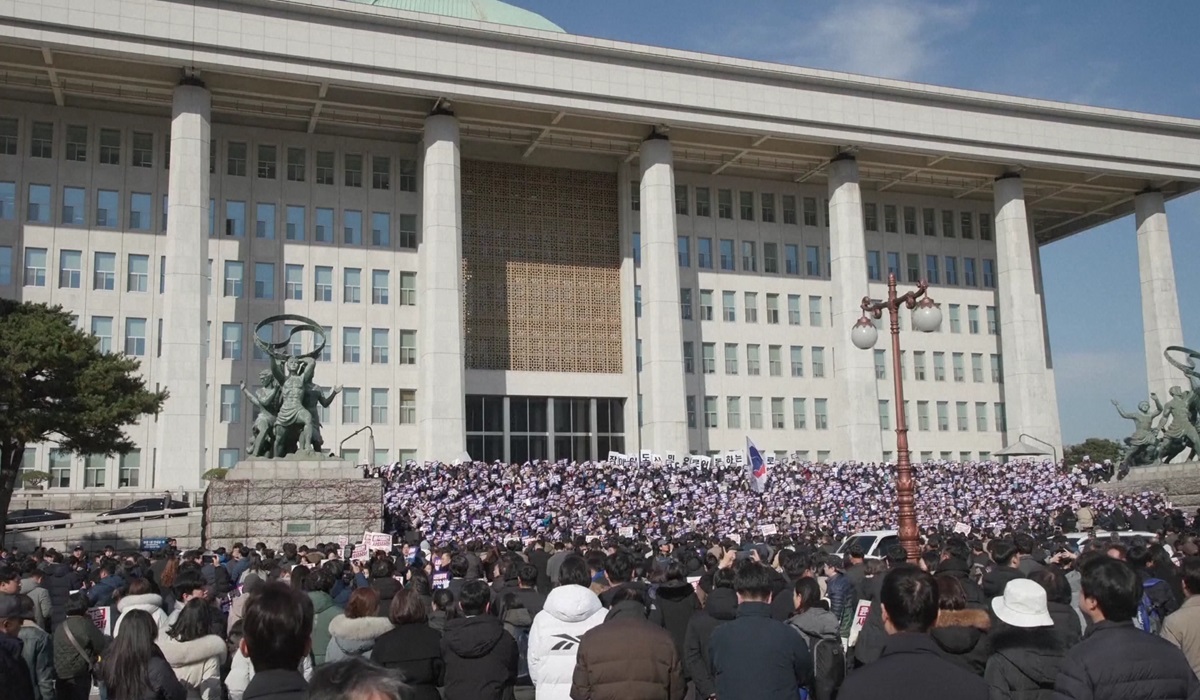Poilievre’s Alarming Endorsement of an Israeli Preemptive Strike on Iran Nuclear Facilities
- TDS News
- Breaking News
- October 9, 2024

In a recent press conference, Conservative Party leader Pierre Poilievre stirred controversy by advocating for a potential Israeli strike on Iran’s nuclear facilities, stating that such an action would be “a gift by the Jewish state to humanity.” While he did not explicitly endorse a nuclear missile strike on the Iranian people, the ramifications of an attack on Iran’s nuclear infrastructure would lead to catastrophic consequences that warrant serious reflection.
The possibility of an Israeli strike raises concerns about immediate destruction, long-term radiation exposure, and the resultant impact on neighboring regions. While Iran does not currently possess nuclear warheads, the reality of retaliatory actions remains a grave concern. A military escalation could not only result in significant civilian casualties but also lead to widespread environmental damage.
Historically, the consequences of nuclear warfare are deeply etched in human history, particularly during the bombings of Hiroshima and Nagasaki in Japan. These events serve as a stark reminder of the horrors that can unfold in the wake of such aggression. The idea of a preemptive strike on Iran is not just a matter of military strategy; it raises ethical questions about the justification of causing destruction and suffering on a massive scale.
Moreover, the discussion surrounding military intervention must acknowledge the decades of occupation and violence that have characterized the region, particularly in Gaza. This often-ignored history is crucial to understanding the current geopolitical landscape. The cycle of violence continues, with recent hostilities resulting in the loss of innocent lives, the destruction of homes, schools, and places of worship, alongside the relentless missile fire affecting civilians. We must recognize that people are suffering amid the ongoing conflict, and one-sided rhetoric only exacerbates the crisis.
It is essential to assert that while Israel has the right to defend itself, so too do the Palestinian people and those in Gaza, Lebanon, and beyond. In any conflict, it is crucial to consider the human cost and the imperative for peaceful resolutions. Acknowledging the rights of all parties involved is essential to fostering a comprehensive understanding of the situation.
In this polarized political landscape, Canadians face a troubling choice. On one hand, Prime Minister Justin Trudeau’s administration has come under fire for its handling of foreign affairs. On the other, Poilievre’s rhetoric often appears to pander to certain groups rather than encouraging a nuanced perspective on these complex issues.
In a multicultural nation like Canada, political leaders must be mindful of representing all citizens, regardless of their backgrounds. Choosing sides in a volatile situation is irresponsible and undermines the democratic principle of inclusive representation. The stakes are too high, and the lives at risk are too real to be reduced to mere political rhetoric.
It is time for politicians to engage in honest, constructive dialogue that prioritizes peace over aggression, recognizing that people are dying as a result of ongoing conflicts. The call for diplomacy, understanding, and acknowledgment of historical injustices cannot be overstated; it is an essential step toward creating a more equitable world for all.








